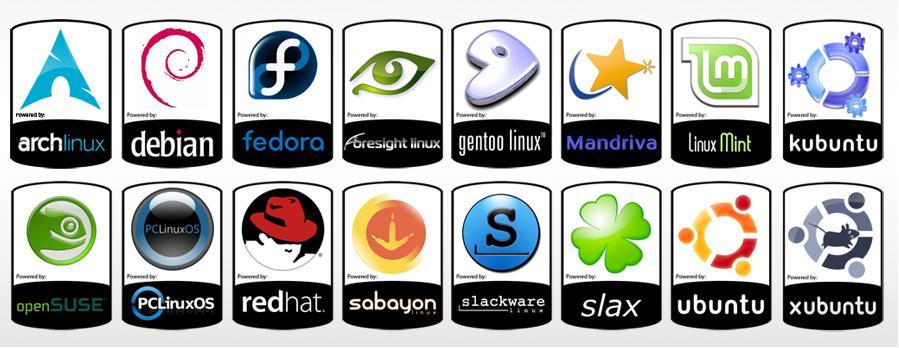In this tutorial, I have collected some of the useful utility commands which will include various network monitoring, system auditing or some other random command which can help users to enhance their productivity. Hope you all like it.
Linux has a command for almost any tasks and most of them are intuitive and easily interpreted.
Getting Help in Linux
| Command | Usability |
| man <name> | Read the manual page of . |
| man <section> <name> | Read the manual page of <name>, related to the given section. |
| man -k <editor> | Output all the software whose man pages contain <editor> keyword. |
| man -K <keyword> | Outputs all man pages containing <keyword> within them. |
| apropos <editor> | Output all the applications whose one-line description matches the word editor. When not able to recall the name of the application, use this command. |
| help | In Bash shell, this will display the list of all available bash commands. |
| help <name> | In the Bash shell, this will display the info about the bash command. |
| info <name> | View all the information about <name>. |
| dpkg -l | Output a list of all installed packages on a Debian-based system. |
| dpkg -L packageName | Will list out the files installed and path details for a given package on Debian. |
| dpkg -l | grep -i <edit> | Return all .deb installed packages with <edit> irrespective of cases. |
| less /var/lib/dpkg/available | Return descriptions of all available packages. |
| whatis vim | List a one-line description of vim. |
| <command-name> –help | Display usage information about the <tool-name>. Sometimes command -h also works, but not for all commands. |
User identification and who is who in Linux world
| Command | Usability |
| hostname | Display hostname of the system. |
| hostname -f | Displays Fully Qualified Domain Name (FQDN) of the system. |
| passwd | Change password of current user. |
| whoami | Username of the users logged in at the terminal. |
| who | List of all the users currently logged in as a user. |
| w | Display current system status, time, duration, list of users currently logged in on the system and other user information. |
| last | Who recently used the system. |
| last root | When was the last time root logged in as user. |
| lastb | Shows all bad login attempts into the system. |
| chmod | Changing permissions – read,write,execute of a file or directory. |
Process related information
| Command | Usability |
| top | List all processes sorted by their current system resource usage. Displays a continually updated display of processes (By default 3 seconds). Use q key to exit top. |
| ps | List processes currently running on current shell session |
| ps -u root | List all of the processes and commands root is running |
| ps aux | List all the processes by all users on the current system |
